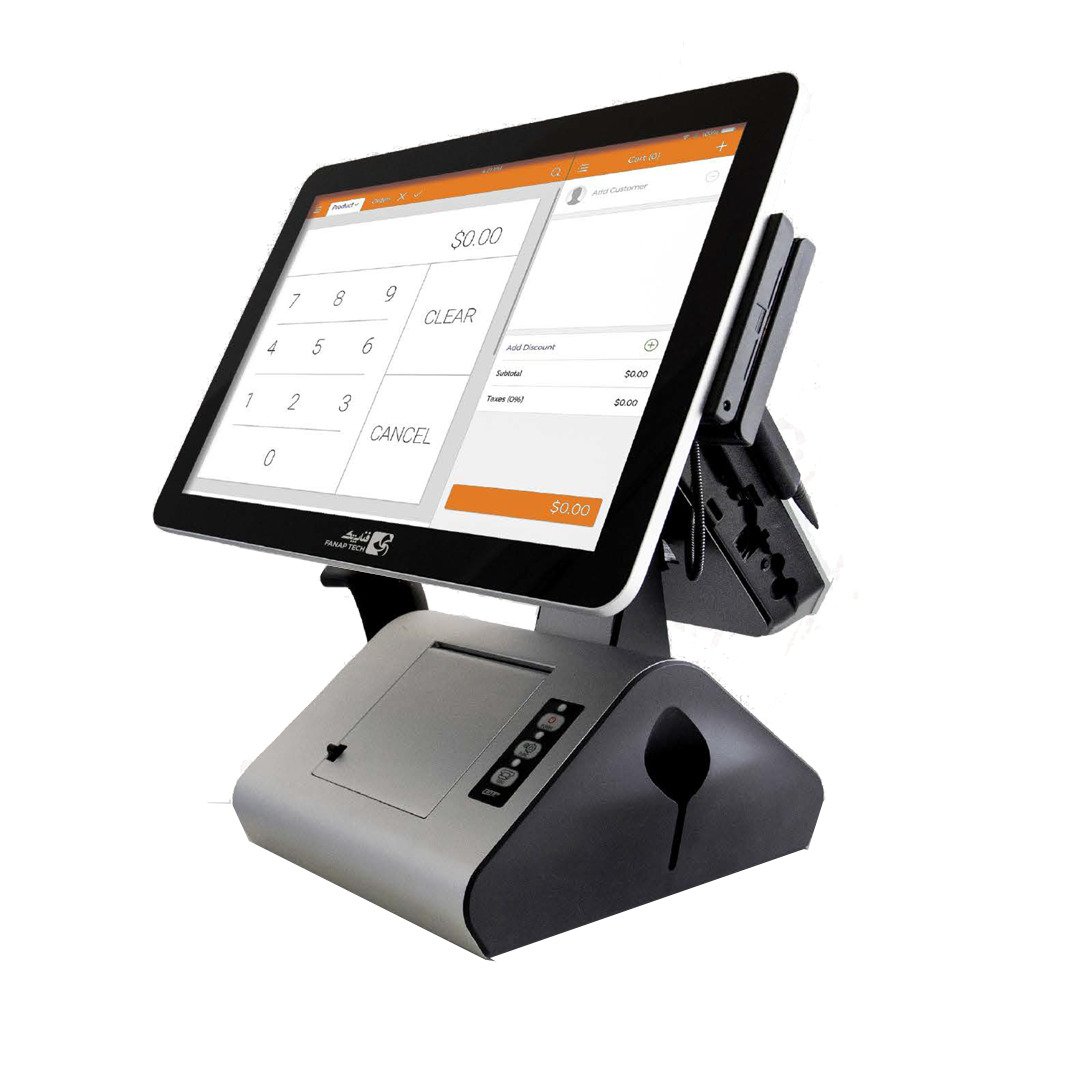
A Point of Sale (POS)
A Point of Sale (POS) system serves multiple purposes and offers several uses for businesses.
Sales Processing: POS systems are primarily used for processing sales transactions. They calculate the total cost of items, apply discounts or promotions, and accept various payment methods, including cash, credit cards, debit cards, and digital wallets.
Inventory Management: POS systems help businesses keep track of their inventory in real-time. They can automatically update inventory levels when products are sold, making it easier to manage stock, reduce overstocking or understocking, and reorder items when necessary.
Sales Reporting and Analytics: POS systems generate detailed sales reports and provide analytics that help businesses understand sales trends, customer preferences, and peak sales periods. This data can inform inventory decisions, marketing strategies, and pricing adjustments.
Employee Management: Many POS systems include features for employee management, such as tracking hours worked, managing access levels, and tying individual sales to specific employees. This can help with payroll processing and performance evaluation.
Customer Relationship Management (CRM): Some POS systems include CRM functionality, allowing businesses to collect and store customer information, purchase history, and contact details. This data can be used for targeted marketing campaigns, loyalty programs, and improving customer service.
Customization: POS systems can be customized to suit the needs of different businesses. This includes customizing menus, pricing, and user interfaces to align with specific industries or business models.
Integration: Many POS systems can integrate with other software solutions such as accounting software, e-commerce platforms, and marketing tools. This integration streamlines business operations and data sharing.
Security: POS systems are designed with security features to protect sensitive customer data and financial information. This helps businesses comply with data security regulations and build trust with customers.
Speed and Accuracy: POS systems are designed to expedite the checkout process, reducing wait times for customers and minimizing the likelihood of errors in pricing or change calculations.
Mobile and Remote Operations: Some POS systems offer mobile and remote capabilities, allowing businesses to process transactions and access data from various locations. This is beneficial for businesses with multiple outlets or those that participate in events or markets.
Customer Service Improvement: By providing quick and accurate transaction processing and access to customer information, POS systems enable businesses to deliver better customer service, including personalized recommendations and faster checkouts.